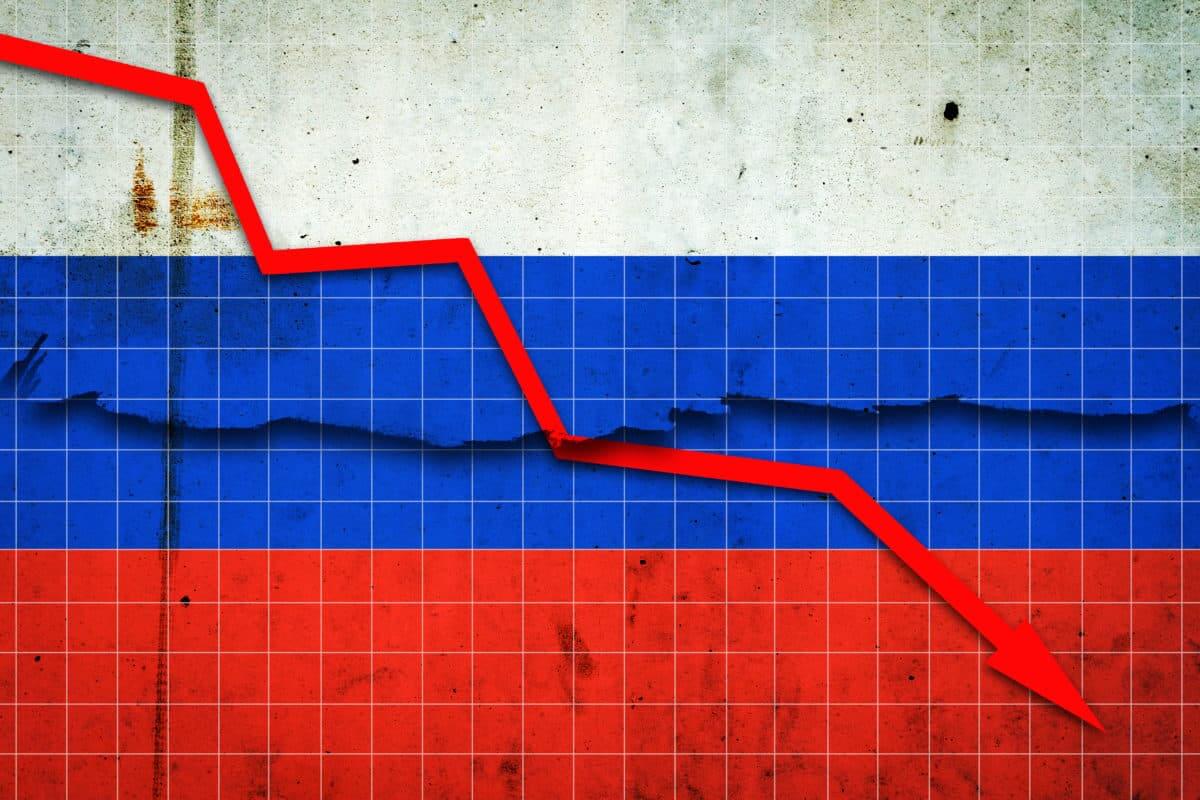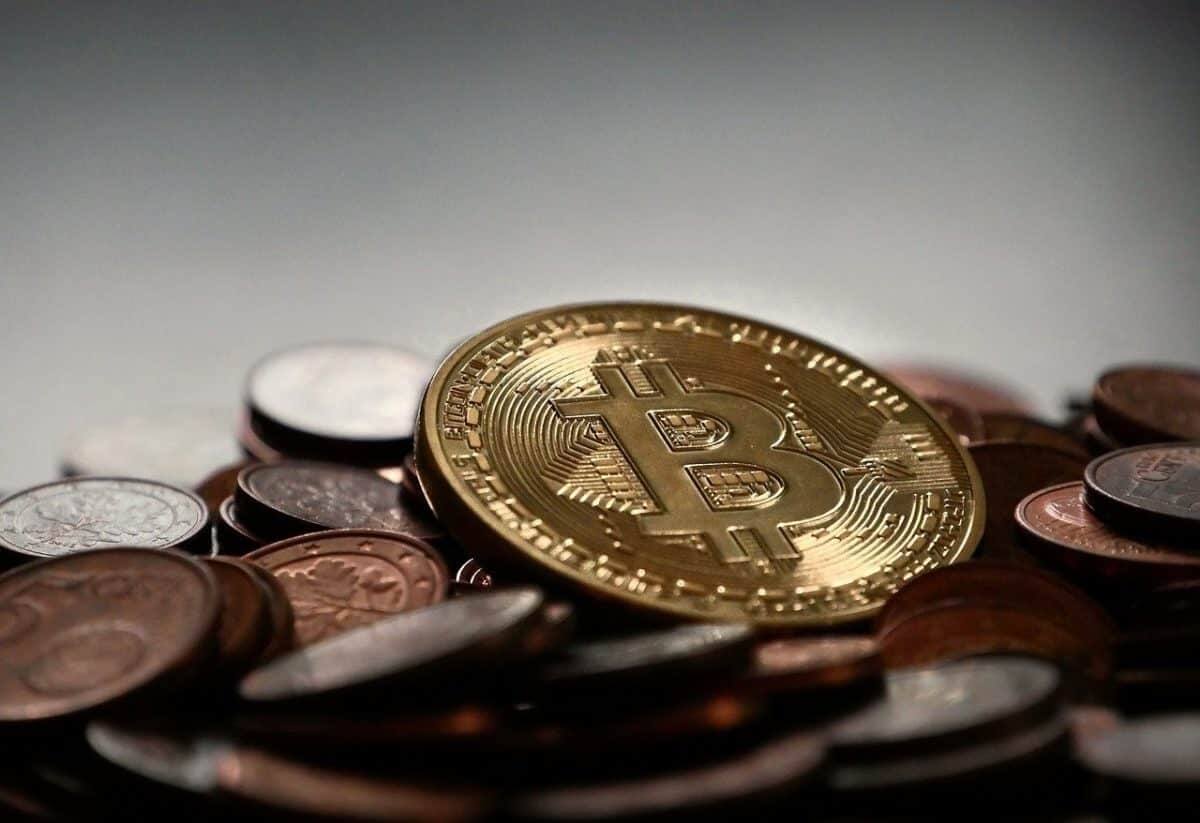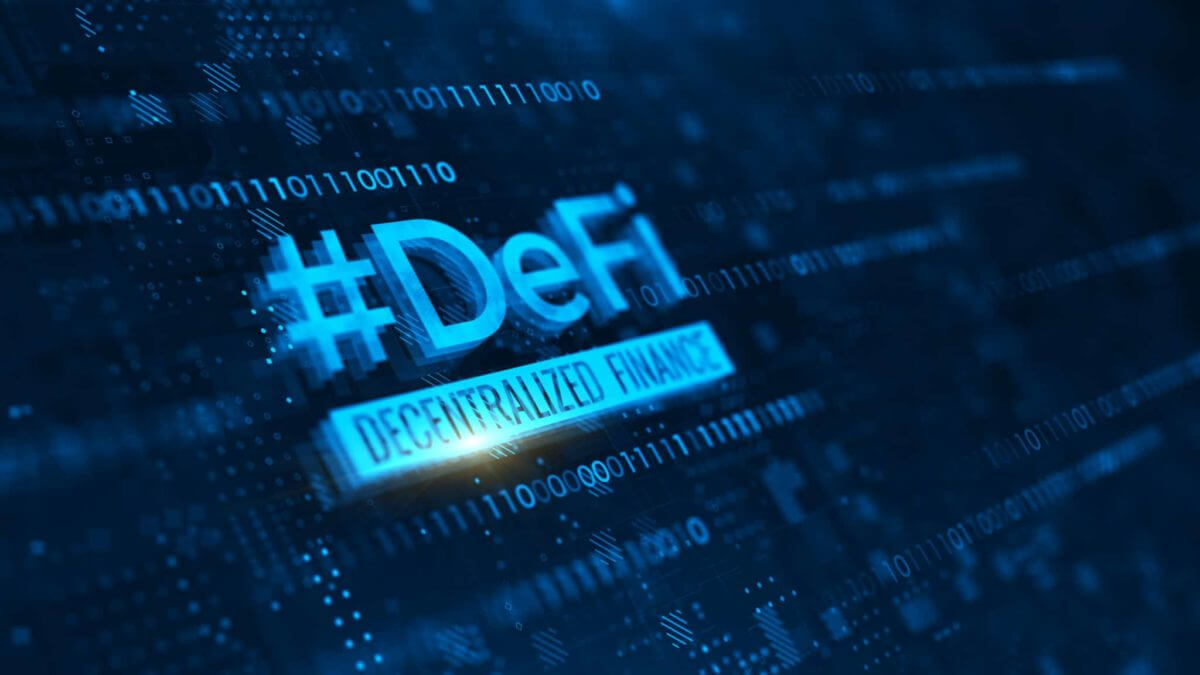
Russia Says It Will Accept Bitcoin For Oil And Gas
The head of Russia’s Federal Energy Agency, Pavel Zavalny, has raised the possibility of accepting bitcoin as payment for oil and gas from “friendly countries” such as China and Turkey.
Instead of the international standard dollar, he said these countries could start paying for energy in Russian rubles, Chinese yuan, Turkish lira, and even bitcoin.
Zavarny, chairman of the State Duma’s energy committee, said at a news conference on Thursday that he had discussed with representatives of China and Turkey changing the preferred settlement currency for its biggest exports.
He further explained that “unfriendly countries” can pay for oil in rubles or gold. However, it is unclear whether Russia can change the terms of existing contracts with countries that pay in euros or dollars.
How Is Russia Adjusting Sanctions?
Russia has been looking for ways to circumvent international economic sanctions imposed over its invasion of Ukraine. The SWIFT system has removed Russian banks to prevent them from processing cross-border payments. Additionally, most companies have been banned from trading with Russia, except for the oil and gas trade.
Energy is Russia’s main export commodity and the primary energy source for Europe and other hard-to-replace countries. The oil and gas trade will bring Russia $119 billion in 2021.
According to the Russia briefing, the energy trade, including electricity, kerosene, coal, and natural gas, accounted for 53.8 percent of Russia’s total exports in 2021 of $388.4 billion.
Crypto markets appear to be reacting positively to the news of BTC expanding international use cases. Bitcoin has gained 2.5% over the past day and is now near a 30-day high, trading at $43,917.
BlackRock CEO Larry Fink, the world’s largest wealth manager, might be watching his predictions for a new digital payments system come true before his eyes. Fink wrote in a letter to shareholders on Thursday that global political instability could pave the way for countries to adopt digital currencies as an international settlement tool.

Leumi Is Israel’s First Banking System To Support Bitcoin Transactions
After partnering with American blockchain firm Paxos, its digital platform Pepper Invest announced Thursday that Leumi Bank would become the first Israeli bank to enable cryptocurrency trading.
The new service will allow Pepper Invest customers to buy, hold and sell cryptocurrencies in transactions worth at least $15.49. The service includes only Bitcoin and Ethereum at first.
However, the statement has not given the start date. Leumi is one of the two largest banks in Israel.
Israel Tax Authority will proceed with taxing Pepper. Thus, customers won’t have to manage taxation complexities. Moreover, the service will also eliminate the risk of downloading digital wallets.

Bank Of England Outlines The First Regulatory Approach For Bitcoin
On Thursday, the Bank of England began outlining the U.K.’s first regulatory framework for crypto assets. They said that while the industry remains small, its rapid growth could threaten future financial stability if left unregulated.
Cryptoassets have come into the spotlight of regulation amid concerns that they could be used to circumvent financial sanctions imposed on Russia since the invasion of Ukraine.
Cryptoassets like bitcoin and ethereum are mainly unregulated. They lie outside the regulatory ‘boundary’. They would require legislative changes to bring them into the full scope of U.K. securities regulation, which the U.K. Treasury is considering.
Immediate risks to financial stability from bitcoin are limited. However, dangers are going forward if current growth rates are maintained.
From 2020 to November 2021, the industry has grown tenfold globally. Now, it stands at $1.7 trillion of global financial assets, with more than 17,000 crypto asset tokens in circulation.
The FPC said that industry regulation should be based on “peer-to-peer.” It means the crypto-related financial services with similar functionality to existing financial assistance should be subject to the same laws.
The Bank of England will ensure that crypto risks in the banking sector are contained until crypto assets are fully integrated into the regulatory web. The Financial Conduct Authority told companies on Thursday that they must fully explain the risks of unregulated cryptocurrencies to consumers.
Regulators around the world are also grappling with crypto-assets and their offshoots.
The FPC said the large-scale use of commercial bank deposits to hedge stablecoins would significantly threaten financial stability.
The FPC said the Bank of England and the Financial Conduct Authority will further develop rules for stablecoins. They also plan to discuss a regulatory “model” for systemic stablecoins in 2023.

DeFi Brings New Risks To Investors
Decentralized finance poses new risks for investors as it evolves to mirror traditional markets.
A panel of global securities regulators said Thursday, issuing a series of warnings about the fast-growing crypto offshoot.
So-called DeFi platforms allow users to lend, borrow and store digital assets. They bypass traditional financial gatekeepers such as banks and exchanges.
Proponents say they are opening up financial services to consumers and businesses that struggle to access credit or other products. DeFi sites became popular during the COVID-19 pandemic when low-interest rates prompted investors to seek yield.
Most DeFi services replicate more traditional financial services and activities.
IOSCO highlighted the risks associated with DeFi, including lack of disclosure of products and systems, incomplete reliability of DeFi sites, and potential problems with large-scale operations.
DeFi sites claim decentralization without a single entity exercising control. Still, IOSCO said professional investors or venture capitalists often have a decisive say in governance or retain ultimate control.
In addition, IOSCO said that centralized trading platforms that provide DeFi services such as trading and lending might also have potential conflicts of interest but did not provide further details.
The value of cryptocurrencies on DeFi platforms hit a record high of more than $111 billion in November. It mirrors Bitcoin’s all-time high, which is now around $80 billion.
While the industry continues to attract more mainstream investors, as with cryptocurrencies in general, the regulation of DeFi remains incomplete. Frauds and other criminals also use DeFi.
Last month, the Financial Stability Board, the risk watchdog for the G20 economies, said that DeFi could pose risks to financial stability without regulation and oversight.
-
Support
-
Platform
-
Spread
-
Trading Instrument




